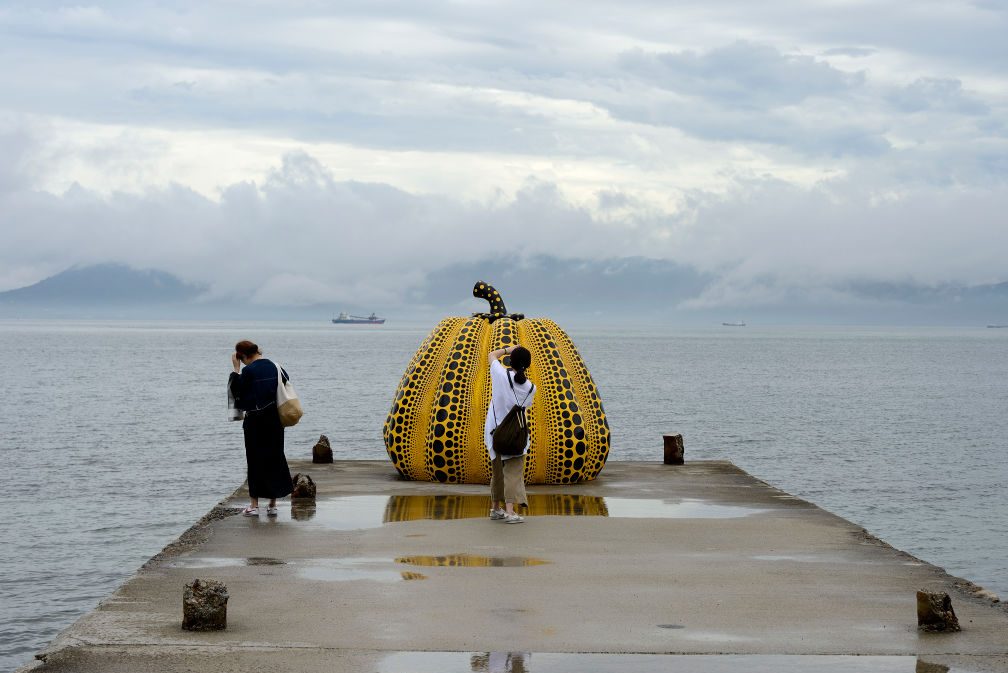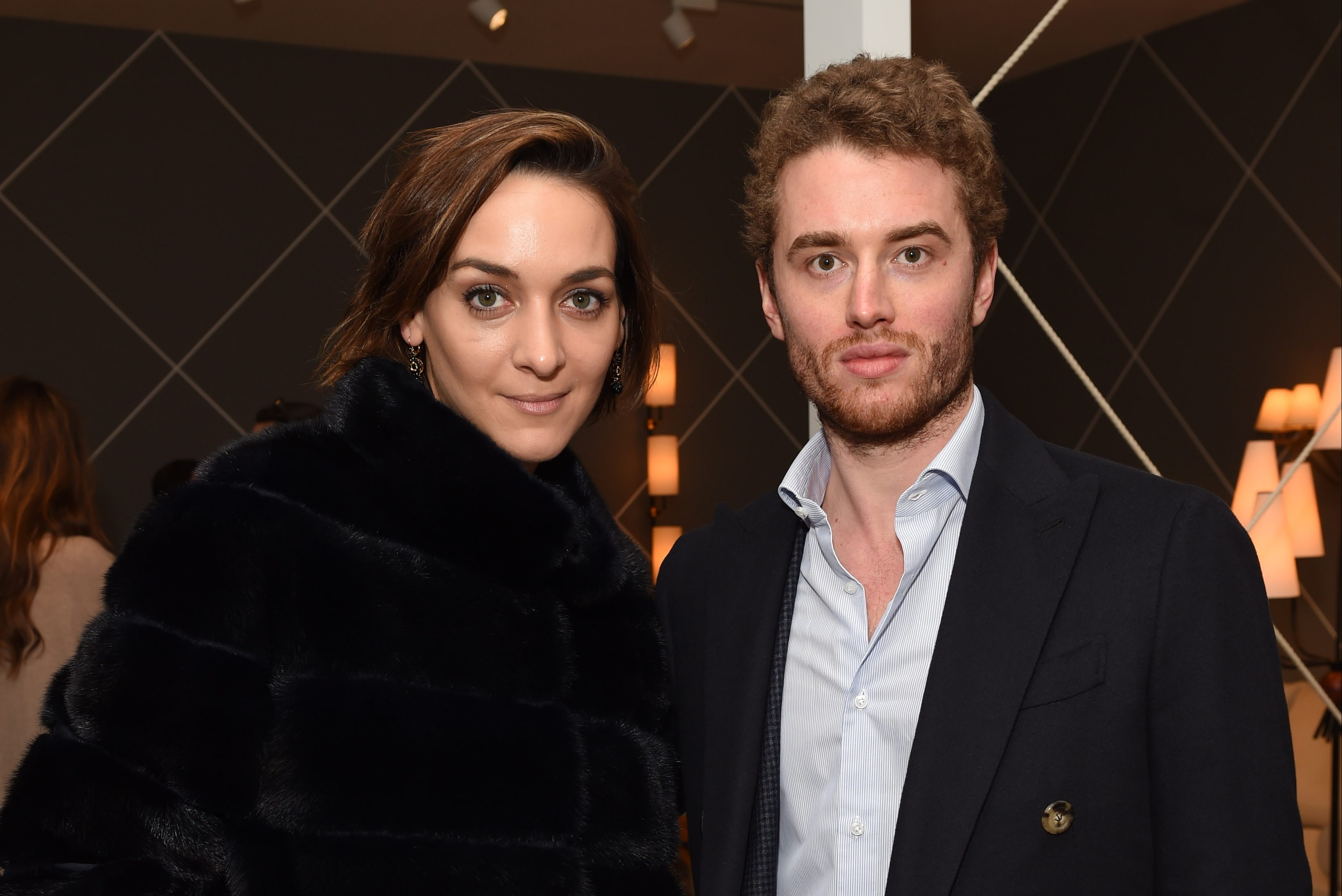It’s been nearly three years since the season aptly dubbed “summer of scam,” where nearly every week brought with it accounts of unethical people using their wiles to rip other people off. Sometimes this involved money or luxury goods; sometimes the scams were more conceptual in nature. The summer of scam revealed that there are more than a few scammers out there; it also demonstrated that a lot of people have an appetite for tales of scams and scammers.
Some scammers became infamous personalities in their own right — Anna Delvey and Inigo Philbrick both come to mind. A new article by May Jeong in Town & Country suggests another name you might want to add to your list of art-world people to steer clear of if you want to keep your bank account intact.
Jeong’s article focuses on Angela Gulbenkian, an art adviser who married into a prominent philanthropic family and apparently used the family’s name in order to gain access to high society. While it’s not the only ethically concerning moment in the article, the most prominent one involved a large sculpture by Yayoi Kusama, Yellow Pumpkin.
In 2017, Gulbenkian brokered a sale of the sculpture to art dealer Mathieu Ticolat. Ticolat wired $1.375 million to Gulbenkian. Months later, he still hadn’t received the artwork — and when he looked into the matter further, he discovered that Gulbenkian had never delivered his payment to the sculpture’s original owner, who eventually sold it to someone else.
Ticolat did what most people who discovered that nearly $1.4 million of their money had been absconded with and contacted the authorities. At that point, he learned that he wasn’t the only person with a similar experience — and that Gulbenkian had a particular fondness for the Kusama sculpture. Jeong notes that the value of the sculpture in question has since doubled. Evidently, even scams can be based around sound art-world investments.
Thanks for reading InsideHook. Sign up for our daily newsletter and be in the know.

















